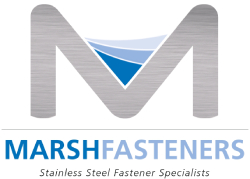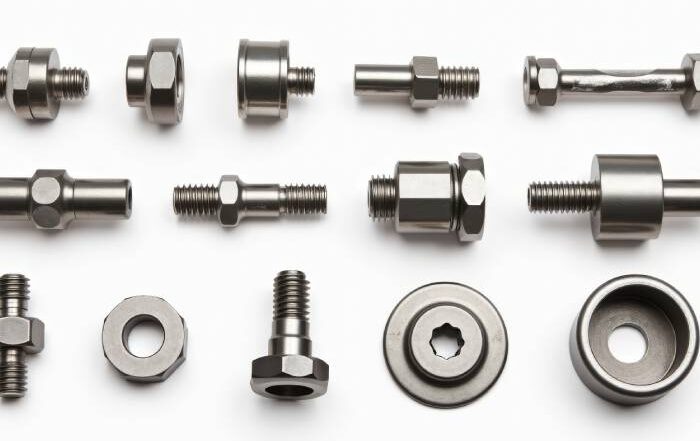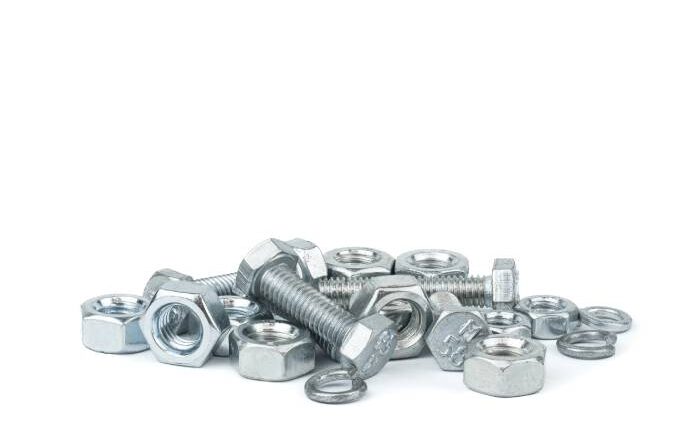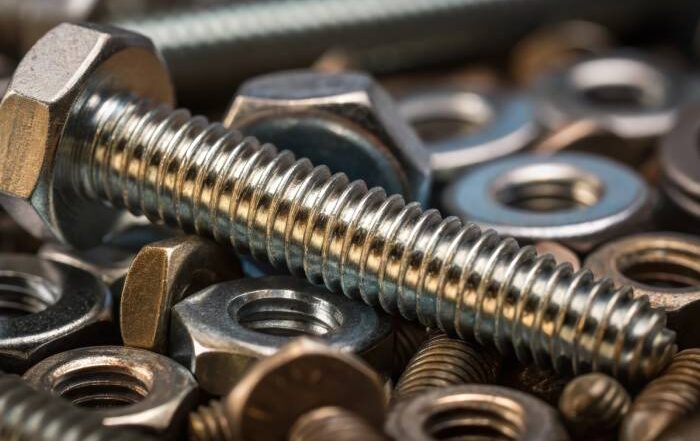
Not all fasteners are created equally, and the project you have at hand will determine not only the shape, type, and length of the ideal fastener but also the material your fastener should be made of to best suit your outcome. Read this guide from Marsh Fasteners in Jupiter, Florida, to choose the most suitable material for your project.
What to consider when choosing fasteners
When picking fasteners, you need to consider each material for its strength, brittleness, corrosion resistance, and cost. If your project will have to withstand harsh weather conditions or needs to have specific properties relating to conductivity and ability to withstand heat, you need to keep those factors in mind to determine which material will be suitable.
Common materials fasteners are made of
Stainless Steel
Stainless steel in all its forms and finishes is a common material that fasteners are made of. The surface treatments available include chrome or zinc plating, or galvanization. Stainless steel fasteners also have different gradings that are indicated with a manufacturer’s stamp or specific marking on the fastener. Stainless steel alloy is often used to create bolts and gives these fasteners a black finish.
Aluminum
Aluminum has a high level of corrosion resistance, and even when the fastener suffers some scratches, the corrosion resistance should not be affected. Aluminum fasteners are often made from alloys, including iron, zinc, copper, and even manganese or silicon. Aluminum fasteners are light, but also relatively soft.
Chrome
Fasteners can be plated in chrome for a polished finish, which has visual appeal for high-value items such as cars and boats. The chrome-plating gives fasteners good corrosion resistance, but the downside is that chrome fasteners are more expensive than stainless steel and aluminum fasteners.
Silicon Bronze
Also known as bronze, silicon bronze is an alloy that is commonly made from tin, copper, and silicon. These materials are useful in projects that need protection from water and salt, making them ideal for decks, marine environments, and even boat construction. These fasteners are hardy, durable, and resistant to corrosion, but they come at a higher cost than most other fasteners.
For help in choosing the right material of fastener for your next project, or to learn more about our range of fasteners, contact Marsh Fasteners in Jupiter, Florida.



